‘A new way to kill Gaza children’: UNICEF condemns Israel’s ban on UNRWA
UNICEF has protested Israel’s ban on the UN aid agency, stating that the move will lead to an increase in the death toll of children in the besieged Gaza Strip.
The Israeli regime has labeled the UN aid agency in Palestine, UNRWA, a "terrorist outfit."
At a UN press briefing in Geneva, UNICEF global spokesperson James Elder slammed the banning of UNRWA.
“If UNRWA is unable to operate, it’ll likely see the collapse of the humanitarian system in Gaza,” said Elder, who has worked extensively for the protection of Palestinian children in the past year against deadly Israeli attacks.
“So a decision such as this suddenly means that a new way has been found to kill children.”
Other UN agencies followed suit, confirming that it would be impossible to fulfill the assigned humanitarian work in Gaza without UNRWA.
Jonathan Fowler, UNRWA's spokesman in al-Quds, called the agency the backbone of humanitarian work in the Palestinian territories, especially in Gaza.
Fowler, who described the Israeli ban as “an outrage,” told AFP in an interview at the agency's compound in east Al-Quds that "UNRWA is irreplaceable, UNRWA is essential. That remains a fact, whatever ... [ban] passed yesterday" by the Tel Aviv regime.
World Health Organization (WHO) spokesperson Tarik Jasarevic warned that UNRWA's work "couldn't be matched" by any agency, including the WHO.
Regarding delivery of health services, 3,000 out of 13,000 UNRWA staff are health workers, Jasarevic said.
"They basically provided more than 6 million medical consultations last year in the health centers that are run by UNRWA, and they have been providing this consultation for more than half of Gaza population," he said.
He added that UNRWA staff are also involved in immunization of children, screening for disease surveillance, screening for malnutrition, and have been active in polio campaigns.
One-third of the team members for polio are UNRWA, he said. "So really, … (their work) couldn't be matched by any agency, including WHO."
Other UN agencies concurred that UNRWA was indispensable, saying the ban could not only result in the death of more children, but also represents a form of collective punishment for Gazans if fully implemented.
“It is indispensable and there is no alternative to it at this point,” said UN humanitarian office spokesperson Jens Laerke.
The head of the International Organization for Migration said IOM could not replace UNRWA in Gaza but that it could provide more relief to those in crisis.
“That is a role that we are very, very keen to play, and one that we will be stepping up with the support of various stakeholders,” IOM Director-General Amy Pope said.
The Tel Aviv regime approved the ban on UNRWA on Monday. It is to take effect within three months. The ban terminates any contact between UNRWA and Israeli regime officials, preventing the UN agency from providing life-saving support to Palestinians in Gaza and the occupied West Bank.
Israel has killed more than 43,000 Palestinians in Gaza since October 2023. The regime has created famine-like conditions across the besieged territory, blocking food, water, fuel and medicine to the region and banning UNRWA could be the last nail in the UN efforts to save the Gaza Palestinians.
The United Nations General Assembly established the United Nations Relief and Works Agency for Palestine Refugees in the Near East (UNRWA) in December 1949 to carry out relief and works programs for Palestine refugees.
The aid agency has been actively supporting Palestinians since it started operations on May 1, 1950 under the aegis of the United Nations.
The engineering feat behind Iran’s record gas output
VIDEO | Press TV's news headlines
Freedom of speech, right to protest under assault in UK
Border guards seize cache of weapons, ammunition near Iran-Afghanistan border
Grok to power classified programs as Musk's xAI secures deal with Pentagon
Iraqi FM tells US envoy: Government formation ‘internal matter’
Israel killed Gaza aid workers in ‘execution style’ massacre in 2025: Report
Participation shrinks at Israeli arms expo in wake of Gaza genocide: Report


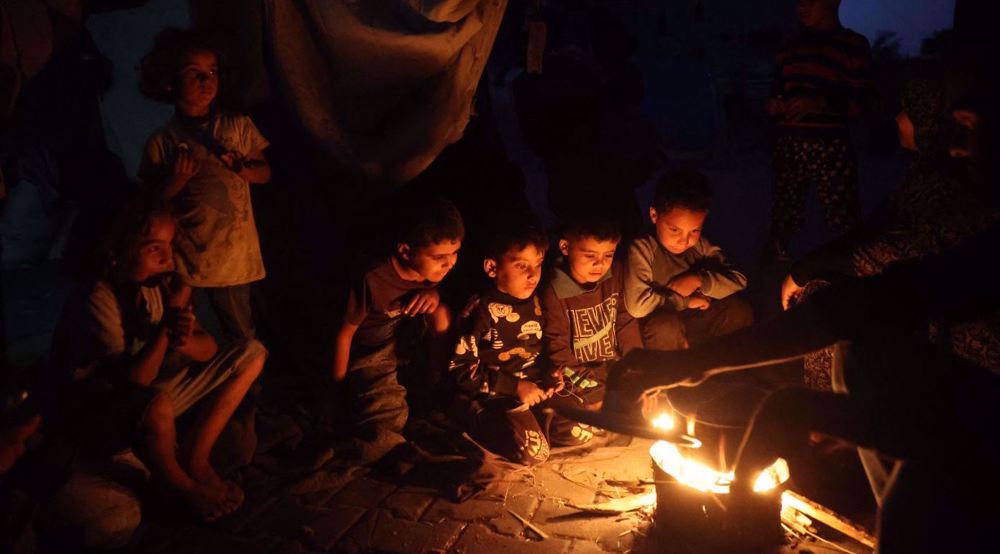
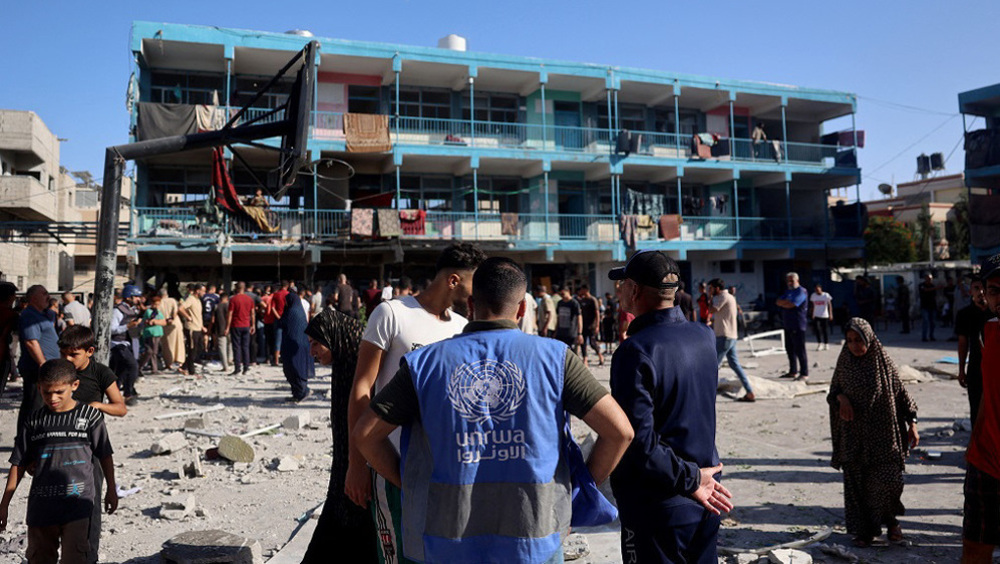
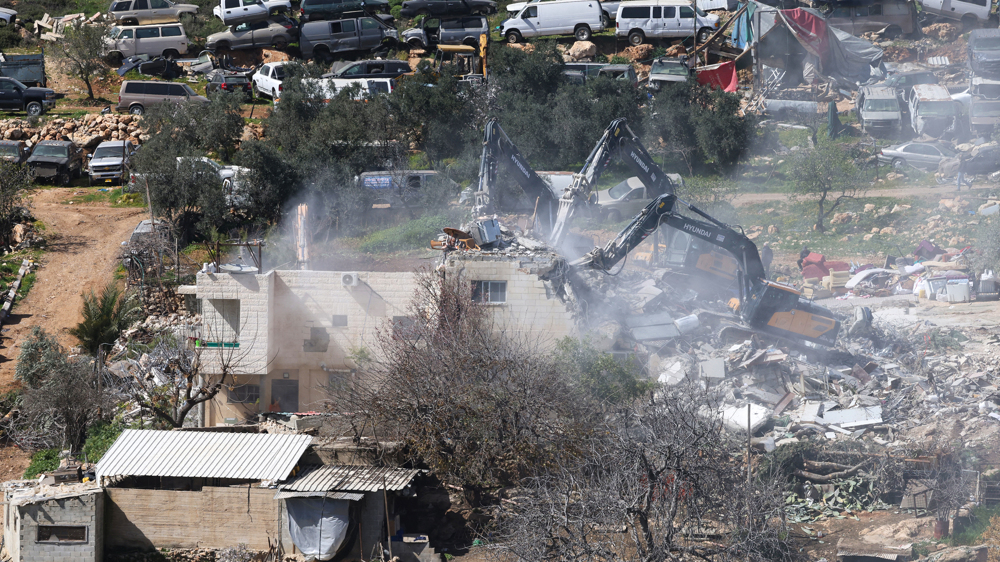
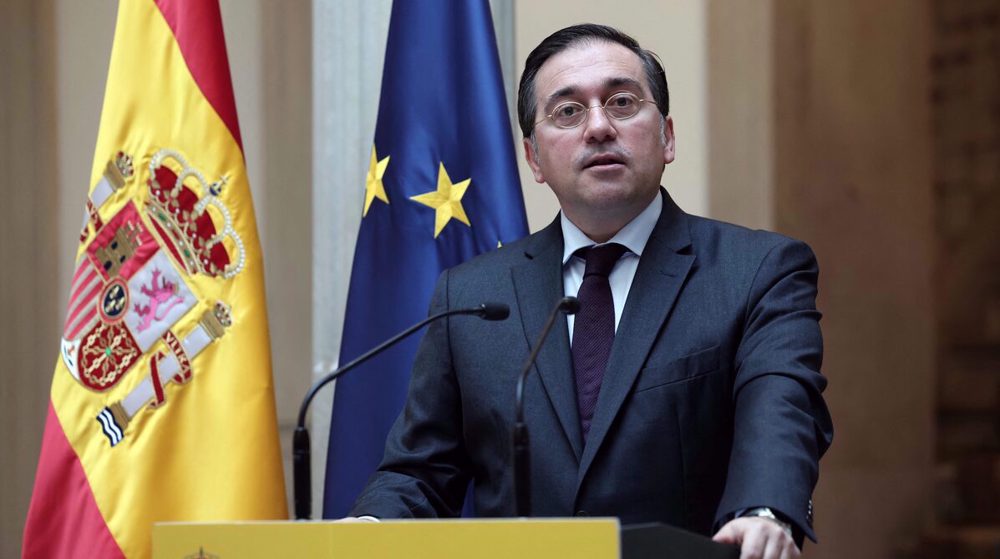
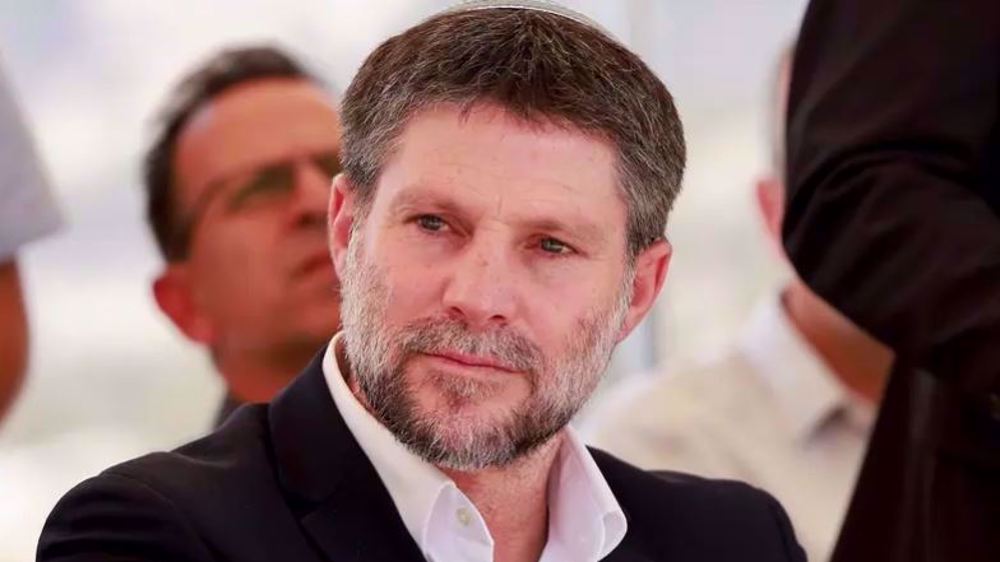



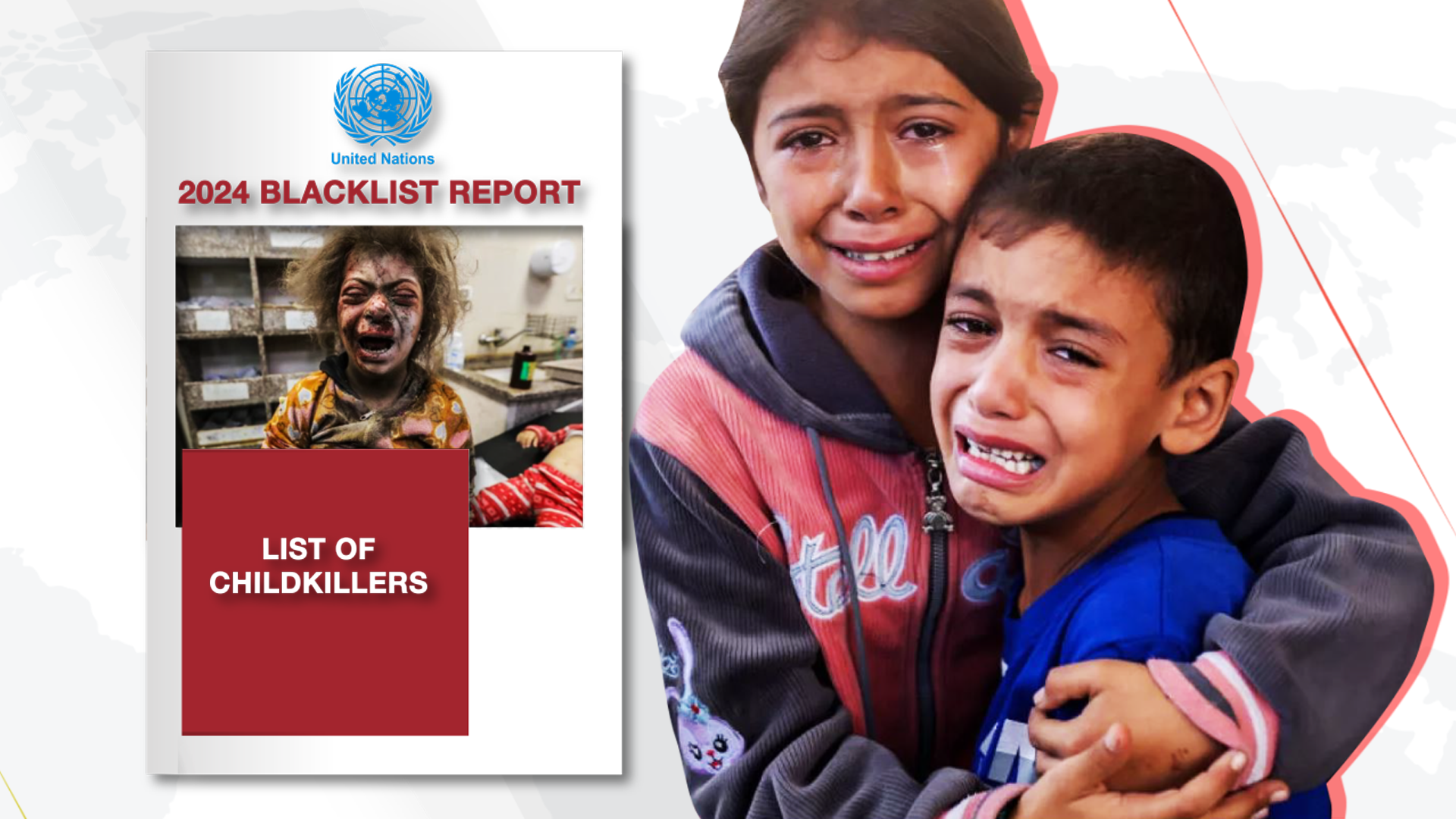

 This makes it easy to access the Press TV website
This makes it easy to access the Press TV website